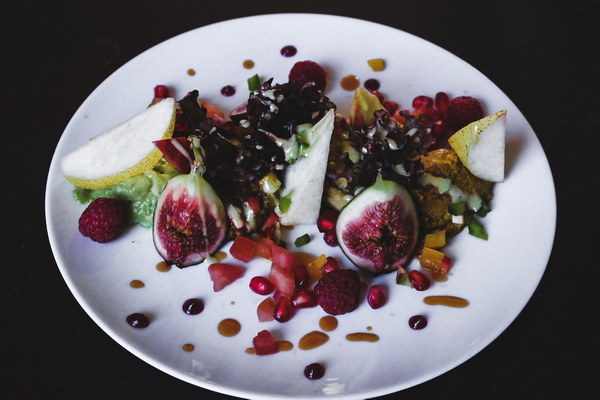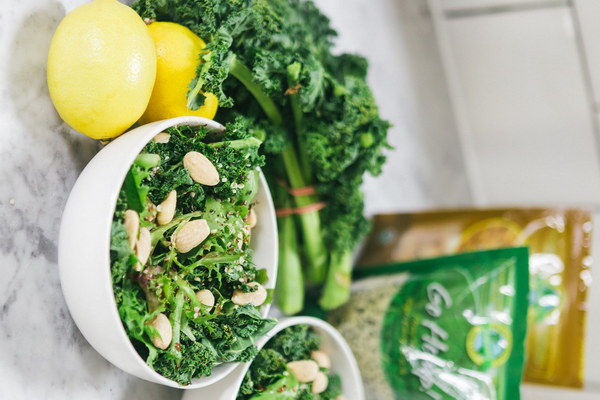The Art of Balancing the Spleen and Stomach A Gourmet Guide to Arabic Health Practices
In the rich tapestry of Arabic culture, health and wellness are deeply intertwined with culinary traditions. One such practice is the emphasis on balancing the spleen and stomach, a concept rooted in traditional Arabic medicine known as Tibb Bilad Al-Arab or Arabic Medicine. This article delves into the art of maintaining a harmonious digestive system through the lens of Arabic culinary wisdom.
The spleen and stomach, according to Arabic medicine, are integral to the body's overall health. The spleen, known as Al-Kas in Arabic, is responsible for digestion and the absorption of nutrients, while the stomach, Al-Shufti, is where the digestion process begins. Both organs must work in tandem to ensure the body receives the nutrients it needs to thrive.
Arabic cuisine is renowned for its diversity and flavor, but it also reflects a deep understanding of how to care for the digestive system. Here are some key principles and practices that Arabic people follow to maintain a healthy spleen and stomach:

1. Hydration: Proper hydration is crucial for digestion. Arabic cuisine often includes beverages like mint tea and lemon water, which are not only refreshing but also aid in digestion.
2. Seasonal Eating: Arabic cuisine is heavily influenced by the seasons, with each season offering a variety of fruits, vegetables, and grains. This approach ensures that the body receives the nutrients it needs at different times of the year.
3. Herbal Remedies: Many herbs and spices used in Arabic cooking have medicinal properties. For example, cumin, coriander, and fennel are known to aid digestion, while mint and ginger can help alleviate bloating and indigestion.
4. Balanced Meals: Arabic meals typically include a balance of carbohydrates, proteins, and fats. This ensures that the spleen and stomach have a steady supply of nutrients to process.
5. Mindful Eating: The act of eating is not just a physical process but also a spiritual one in Arabic culture. Mindful eating, or Tafseer, involves focusing on the food and being grateful for it, which can enhance the digestive process.
6. Fermented Foods: Fermented foods, such as yogurt, kefir, and pickles, are common in Arabic cuisine. These foods are rich in probiotics, which promote a healthy gut microbiome.
7. Meat and Poultry: Arabic cuisine includes a variety of meats and poultry, which are considered essential for energy and vitality. However, it is important to choose lean cuts and avoid overeating.
8. Sweets and Spices: While sweets are a staple in many Arabic desserts, they are often balanced with spices like cinnamon, cardamom, and cloves, which have anti-inflammatory properties.
In conclusion, the art of balancing the spleen and stomach in Arabic culture is a testament to the deep connection between food, health, and well-being. By embracing these traditional practices, one can not only savor the flavors of Arabic cuisine but also enjoy a healthier, more vibrant life. Whether it's through the hydrating power of mint tea or the probiotic-rich benefits of yogurt, the Arabic approach to digestion is a holistic journey that begins with the plate and ends with the well-being of the individual.









